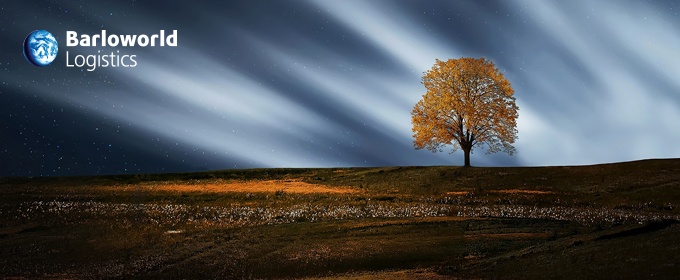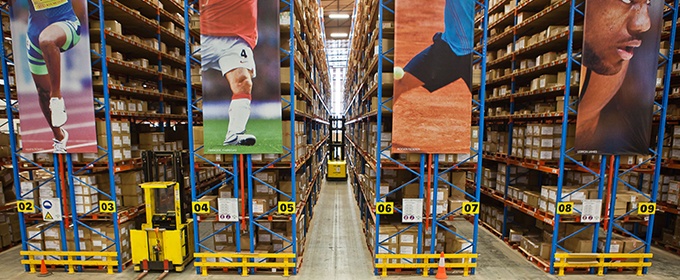As we return to our desks after the festive season, many of us have a list of resolutions made in a flurry of celebration on New Year’s Eve. Ranging from financial goals to fitness or relationship aspirations, we make ourselves promises of how we plan to better ourselves during the coming 12 months. While much as been written about how resolutions fail, reflection and goal setting is important, be it in one's personal life, or indeed in the realm of work. As the January picks up speed, here are six goals every Supply Chain Executive should put on their to-do-list in 2018.
New Year’s Resolutions every Supply Chain Executive should make
Topics: Trends and Insights
What is organic waste?
Organic waste is the broad term used to encompass any waste from a biological source including paper, pulp, fibre, food and animal waste, biosolids and sludge. While organic waste may seem like it requires less attention due to its biodegradable nature, this waste stream is often the single greatest source of landfill material. Organic wastes such as food scraps may decompose reasonably quickly, however products such as paper take far longer to break down, significantly adding to the volume of waste generated each year. This dumping and decomposition of organic waste not only place our approximately 1200 landfills under considerable strain but the by-product of decomposition, methane gas, contributes substantially to global warming if not correctly managed.
Topics: Trends and Insights
Optimising the Supply Chain to Achieve Sustainable Business Growth
When looking ahead at the various business challenges facing South African companies, particularly with regards to sustainability, it is useful to look back and briefly chart the most significant changes and trends. In the late eighties and early nineties, we witnessed the emergence of the ‘one world’ economy – which coincided with the arrival of the Internet and rapid digital transformation. The resulting changes triggered quantum leaps in global trade and duly affected national and regional economics, politics and business practices. Moreover, the new era empowered the world’s customers and consumers. On the back of these seismic shifts in the global business ecosystem, the role of supply chain management and logistics came to the fore as a powerful means to creating competitive advantage and sustainable business models to satisfy the needs of the extended markets.
Topics: News, Trends and Insights, Logistics of life
Peering into the Future of Global Waste & Resource Management
By Marilize Worst, Managing Director, SmartMatta
Global population growth is skyrocketing. In 2025, there will be approximately 1.8 billion more middle class consumers. These consumers will be adding to the existing mounds of waste – a problem that will be compounded by an increasing reliance on packaged products.
In 2013, reports indicated that only 25% of 11 billion tons of waste was recycled. Encouragingly, this figure is set to double by 2025 (vs. 2005). This increase is being driven by growth in diversion, recycling, the recovery of valuable secondary raw materials, waste-to-energy activities, and e-waste and sustainable packaging strategies.
Topics: News, Trends and Insights
Barloworld Logistics Expands into Multi-Temperature Foods Sector
By Press Office, Barloworld Logistics
Leading supply chain solutions provider Barloworld Logistics has expanded its service offering into multi-temperature foods logistics through acquiring 100% of KLL Distributors, and a controlling share in Aspen Logistic Services.
Topics: Business, News, Trends and Insights







